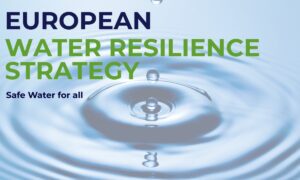The measures, introduced in context of the European Green Deal, are expected to make food systems and farming more sustainable and resilient.
With regards to soil, the package contains the soil monitoring law as well as a law which meant to increase soil health and resources. This consists of making data on soil health available via a comprehensive and coherent monitoring framework to producers and normalising sustainable soil management, while addressing soil contamination and connected risks. In addition, the establishment of a harmonised definition of soil health is included. EuChemS contributed to soil health related science-policy dialogue by submitting its response to the Public Consultation on a possible EU Soil Health Law for protecting, sustainably managing and restoring EU soils in November 2022.
The other aspect of the package concerns New Genomic Techniques (NGT). According to the Commission, NGTs have the potential of increase the sustainability and resilience of food systems, by creating climate resilient and resistant plant varieties. Science/Business explains that these measures will loosen the EU’s restrictive approach to genetic engineering. The newly defined NGT category will be separate from what is now defined as GMOs, which will allow introducing NGT crops to the market. The basis for this differentiation is the difference between GMO technology and NGT – while the former needed DNA from bacteria for the desired modification, the latter is able to create precise, targeted changes.
The package of measures also includes some means on reforestation by reproductive materials as well as food and textile waste reduction – however, all above proposals are to be discussed by the European Parliament and the council as part of the legislative procedure.



